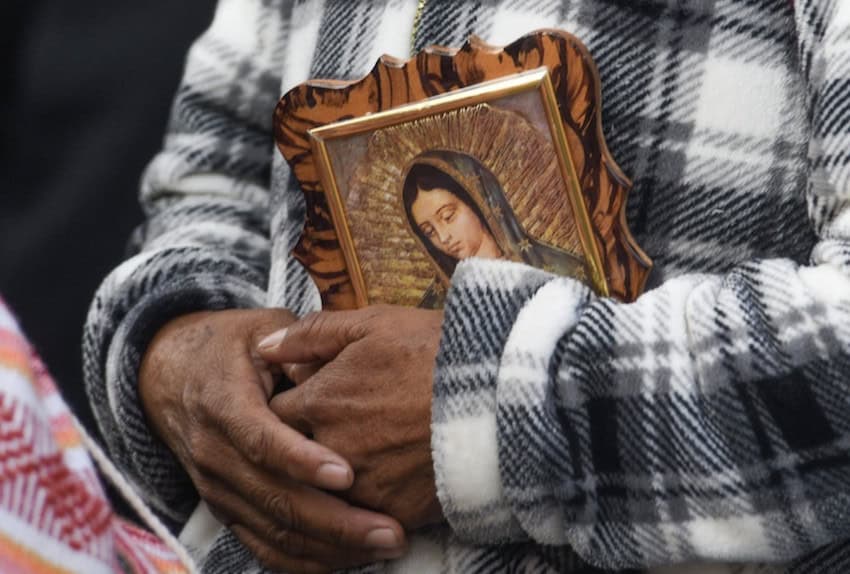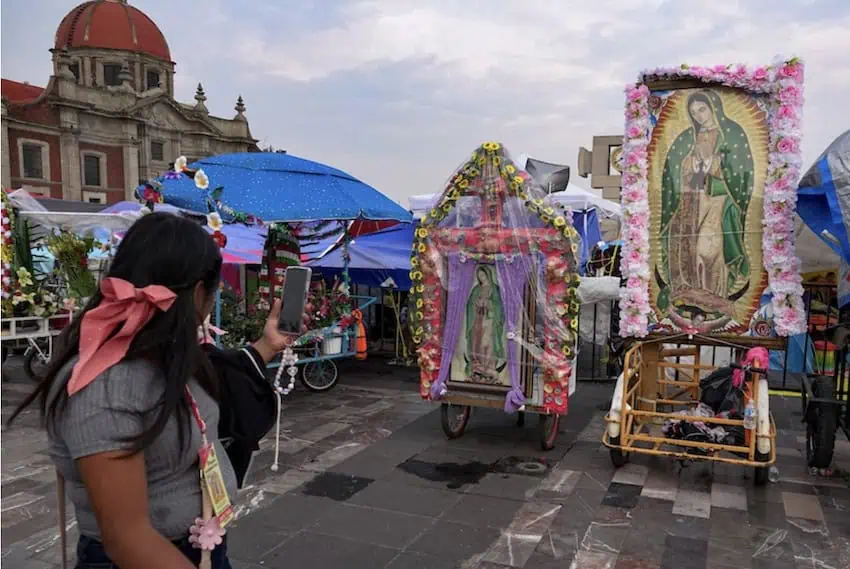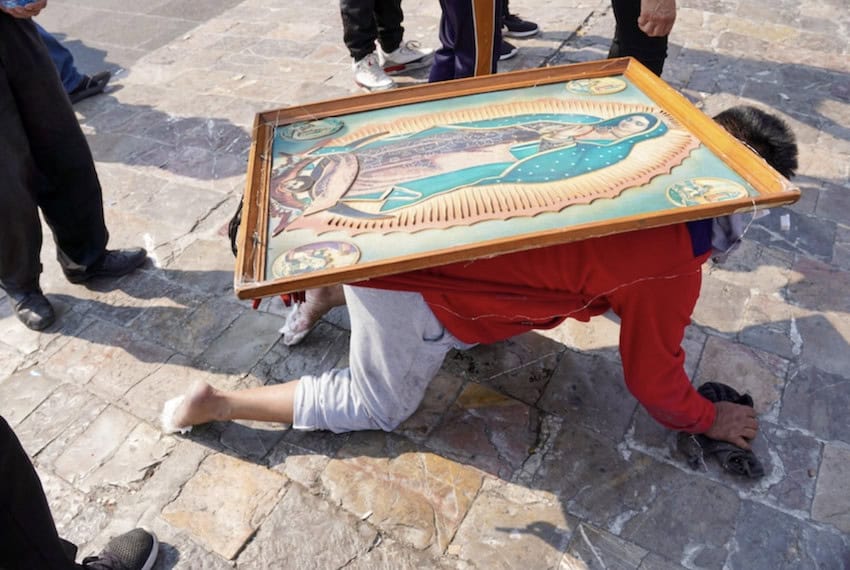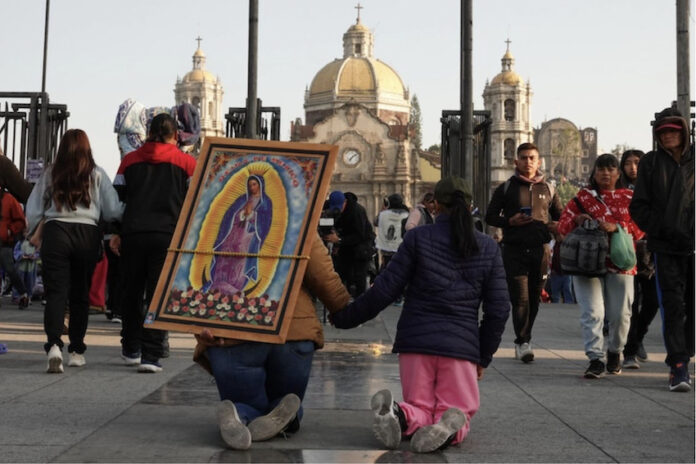When I first started dating my current partner, I had several uncomfortable moments with his mother. Born and raised in the Soviet Union, she simply did not understand why I kept saying “I’m sorry” or “Excuse me” whenever I was in her way or accidentally tripped over her. As a clumsy person myself, it just came naturally. However, when she plainly asked why, I was unable to answer — immediately, at least. She was visibly uncomfortable with the matter, which only made it worse for me.
At first, I simply attributed this to the fact that I was raised as a “polite” person in a typical Mexican family. For her, who spent most of her life in a Soviet environment where people — and women, in particular — do not say sorry unless something is definitely wrong, the use of the expression was just unnecessary. In other words, it was a clash of cultures. However, this was not the first time this discomfort popped up.

I’ve had the great fortune of working with people from the U.S. for a long time, particularly in the editorial roles I’ve undertaken for the greater part of my career in journalism. When there have been misunderstandings or miscommunication issues, my personal instinct has been to say, “I’m sorry” — as has been for my fellow Mexican teammates.
Foreign folk sometimes find this excessive. Some of them have simply said, “Oh, don’t say sorry!” I guess they’ve understood the cultural gap. The question, however, remains: Why do we Mexicans say we’re sorry all the time? The answer is far more complex than I envisioned in the first place, and has its roots in the Colonial/Catholic past we carry from the cradle.
What are we, Mexicans, sorry for?
Mexicans take pride in the fact that we’re polite, friendly and warm. In our minds, we’re the perfect hosts, super funny and simply the best company anyone could keep. Even though people from other parts of the world do feel we’re hospitable, some of our ‘politeness’ is not well understood by folk from abroad.

Psychiatrist Carl Jung once said that “the content of the collective unconscious is made up essentially of archetypes.” Archetypes are patterns of thought and behavior that usually come from an individual’s context or environment, namely, mental representations of social phenomena that we’re not exactly aware of, but certainly feel and act upon unconsciously. In Mexico, some of the greatest archetypes come from the fact that we are innately Catholic. Let me explain myself.
Even though my partner was raised by a Soviet mother, who was taught that “religion is the opium of the people,” I’ve often heard him say, “¡Gracias a Dios!” (Thank God!) with great relief. He is not a Catholic practitioner, nor was he baptized into any religion. I’m pretty sure he does not believe in a patriarchal, almighty deity. However, he — like any other person born and raised in Mexico — was taught the Catholic way by the culture we share. Like me, who was raised in a very Catholic household, he feels shame and guilt — and yes: he, too, says “I’m sorry” too much.
‘Pedir perdón’ is a religious matter in Mexico
And how could he not? In a country that’s 77% Catholic, per INEGI’s latest figures, we Mexicans co-exist with Catholic values all the time, as if they were ingrained in our minds from the womb. Our references are inherently Catholic. In every corner in Mexico City, as in virtually every Mexican city, people place altars dedicated to their saint of choice. Cholula, in the central state of Puebla, has more churches than schools — 365 Catholic temples, to be precise, according to Universidad de las Américas, Puebla (UDLAP). Both men and women are named ‘Guadalupe,’ for Christ’s sake.

As you might have guessed by now, people in Mexico fear God. This does not mean — not exactly, at least — that we’re afraid of an almighty entity. On the contrary, as per Bethlehem College and Seminary scholar John Piper, this implies a sense of awe and respect for the Christian God. And submission. Especially submission. Given the Christian principle that we are born sinners, and God forgives our imperfectness, we are taught that we must ask for His forgiveness — every time.
Growing up, I remember my mother urging me to confess my sins during Sunday service. After enlisting them all at the confessionary — God forbid! The child did not do her homework — the priest insisted I sincerely ask God to forgive me. I’m pretty sure that seven out of ten children in Mexico have had similar experiences growing up in Catholic households.
This religious practice almost naturally translates to the way we relate with each other. As much as asking for God’s grace and forgiveness, Mexicans — and people from any formerly colonized country in Latin America — feel the need to make amends for our social faults through attaining forgiveness of the Other.
In this context, the ‘Other’ is understood in psychoanalytical terms: an entity that exists beyond the Self and represents the moral duty and values of a society. Given the vertical arrangement we observe towards God — Catholic practitioners or not — it’s fair to say we bestow the great Mexican morale to the Other.

We Mexicans are submissive to others, and often sacrifice our own needs and desires to restore the social order. The way to rectify our mistakes, no matter how serious, is by asking for forgiveness. It is even expected of you, if you’re polite and willing to maintain certain personal and professional relationships.
Seen another way, the Mexican way of re-knitting the social fabric could very well be by asking for forgiveness. It is well known that we are a culture of ancient rituals. Asking for forgiveness would perhaps be just another one of them, deeply influenced by the colonialist past that still weighs on us as a culture and society.
¡Qué pena! — We do say ‘sorry’ a little bit too much
So now you know. The next time you hear someone say, ‘Disculpe’, ‘Qué pena’, ‘Una disculpa’ or any other forgiveness-seeking interjection, you are also having an anthropological experience. If these faults are not resolved, guilt comes into play. But the question of guilt is just another entire article by itself, sorry!
Andrea Fischer contributes to the features desk at Mexico News Daily. She has edited and written for National Geographic en Español and Muy Interesante México, and continues to be an advocate for anything that screams science. Or yoga. Or both.
